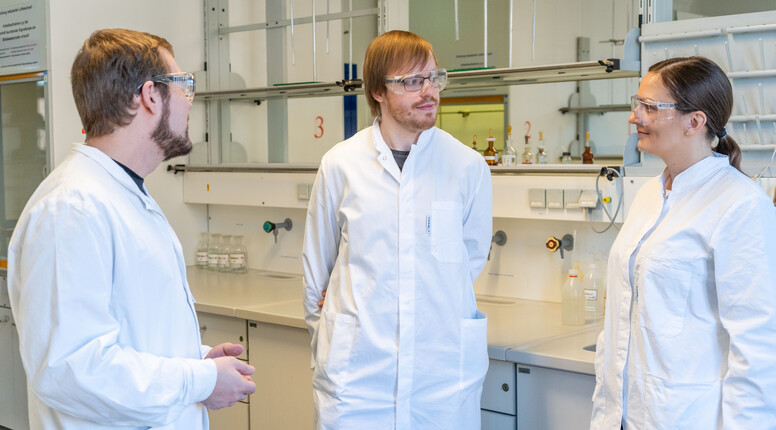Law, International Regulations and Chemicals Management
€1,320.00
Introduction to the basics and principles of chemicals regulation. The course will focus on substance specific regulations for different areas of use, like industrial chemicals, biocides as well as chemicals used in products like in cosmetics and occurrence or use in food. The students will get a closer look at that different regulatory areas and the procedures that have to be followed to bring chemicals / products on the market. This will include the data requirements, authority issues, borderline cases and some critical issues to be considered. Another field is persistent organic pollutants (POPs) and emerging contaminants with special emphasis on emission sources, regional and global distribution via different pathways and their fate in various environmental compartments. This will include international regulations such as the Stockholm Convention.
| is restricted access: | Yes | |
|---|---|---|
| Requirements - university entrance qualification: | Not required | |
| Requirements - one year of work experience: | Required | |
| Requirements Language: | English: TOEFL Internet (92 points); IELTS (Acad. Level 6.5 points); CAE/CPE (Level C1, Grade B); TOEIC (720 points listening/reading, 310 points speaking/writing); if necessary, individual examination. | |
| Requirements Expertise: | Knowledge of chemistry, biology & environment | |
| Other requirements |
1) Training as a chemical-technical assistant or pharmaceutical-technical assistant OR 2) B.Sc. in Chemistry, Pharmacy or similar |
|
| Topic: | Engineering & Natural Sciences, Sustainability, Energy & Environment | |
| Format of course: | Online | |
| Level: | Master | |
| Course language: | English | |
| Study programme |
Sustainable Chemistry
Go to study program website
|
|
| Number of credit points / ECTS: | 5 | |
| Workload Contact time (in hours): | 8 | |
| Workload self-study time (in hours): | 117 | |
| Exam format: | Portfolio | |
| Further exam format: | No further Exam | |
| Qualifikationsziele |
You will acquire substantive knowledge about:
|

